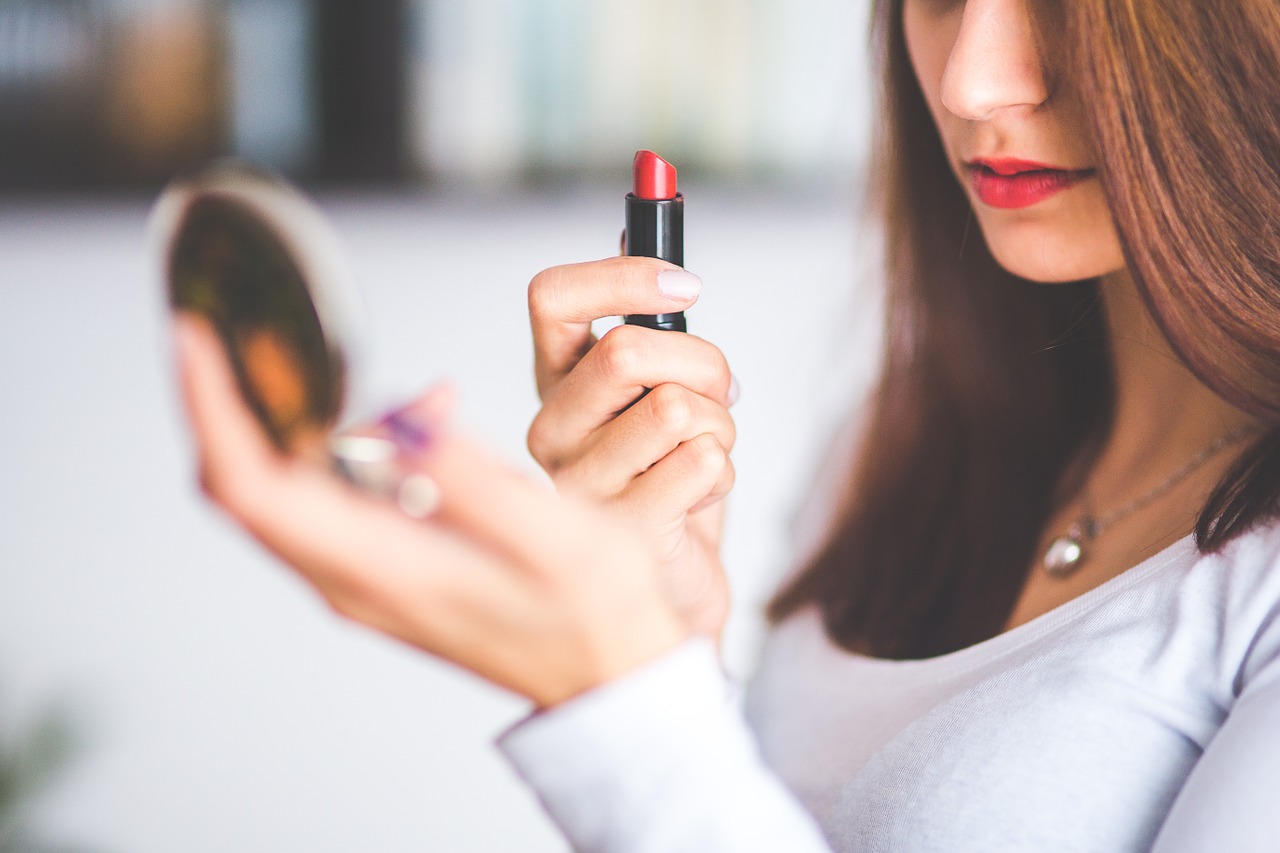Food has a huge impact on your hormones and can contribute to hormone imbalances and symptom severity. What you choose to put in your mouth everyday either supports health or can trigger immune and inflammatory reactions in your body. Some of the underlying processes involved in Endometriosis include hormonal imbalance, immune dysfunction (auto-immunity) and inflammation - and the food you eat regularly can impact these.
So much of the food that’s available now is highly processed and devoid of the nutrients your body needs to function optimally. Ingredients such as sugar, refined flours and vegetable oils are cheap for food manufacturers to use - unfortunately their main motivator is profit, not your health! These processed foods are also made to be addictive - another great way to ensure healthy profits!
Focusing your food choices around quality protein, fats, vegetables, herbs and spices is a great way to support happy hormones, support your immune function and reduce inflammation. It doesn’t need to be complicated, just simple real food! You can find a one page guide here.
Some of the main foods that can aggravate Endometriosis and painful periods include -
GLUTEN
Gluten sensitivity has been associated with aggravating auto-immune conditions and inflammation as well as contributing to mood or neurological disorders. There’s also a higher gluten content in modern wheat which can make it harder for us to digest, as well as the use of herbicides such as glyphosate - which impact our digestive, hormonal and immune systems.
You can be sensitive to gluten even if you are not Coeliac and don’t have digestive symptoms! As auto-immunity is likely involved in Endometriosis, it’s also more likely for you to have a higher risk of developing other auto-immune conditions such as Coeliac or Hashimotos (hypothyroidism). It may be worth trialling 1-2 months off gluten and see how you feel, or notice how you feel if you reintroduce it. Look for good quality gluten free alternatives - always read the ingredients as these can still be highly processed or full of nasty ingredients. You can find a list of gluten free foods here.
DAIRY
Removing dairy can significantly reduce painful periods. Modern processed dairy may contain higher levels of estrogens, which may contribute to the already high levels in women with Endometriosis and painful periods. Milk consumption also effects insulin and insulin-like growth factor (IGF-1) which promotes excessive cell proliferation as seen in Endometriosis.
Like many foods there are better quality options and it may also be the quantity you are consuming that’s the issue, especially if you drink a lot of milk. Full fat dairy from grass fed cows is preferred - as the fats reduce the effect on insulin. Other dairy fats such as grass fed butter contain other beneficial nutrients such as fat soluble vitamins and butyric acid.
Traditional dairy is very different from highly processed modern dairy - and how the animals are raised has a big impact on the resulting nutrition. Also milk from cows that produce the A2 protein such as guernsey and jersey cows may be easier to digest than cows milk with A1 protein. However in regards to painful periods it may be worth eliminating dairy entirely for a month or two to assess how you feel. There are many other alternatives such as coconut milk products - but again check the ingredients for added sugars or additives.
SOY
This can make up a large part of vegetarian and vegan diets in the form of tofu, soy milk/yoghurt and meat alternatives, and is also found in many packaged foods. Soy has estrogenic properties meaning it can mimic estrogen in the body and contribute to increased estrogen levels, which are commonly already high in women with Endometriosis.
Again quantity and quality make a difference. Traditionally soy was only consumed as a fermented food in small amounts - such as traditionally made tofu, tempeh and tamari. Many soy products are also GMO so always look for organic soy if you are purchasing.
SUGAR
Sugar is a major contributor to weight gain and also has a negative impact on hormones, immune function and inflammation. Vanity may be a motivator to avoid sugar as it is also ageing and contributes to skin breakouts! Sugar is also cheap and addictive and is found in most packaged foods.
Alcohol is another form of sugar and can contribute to increased cortisol levels - which impact weight and other hormone balance. You can read more here about how to check for sugar content and reduce your sugar consumption here.
VEGETABLE OILS
While vegetable oils are marketed as healthy, most of them are highly processed, devoid of nutrients and rancid due to the processing. While these plant products may have been nutritious and healthy in their original state, the processing they undergoe to become oils or spreads destroys any of the goodness and actually makes them damaging to our bodies! Vegetable oils have been linked to increased oxidation, inflammation and cellular damage.
However the right fats are essential for your health and hormones. Choose good quality cold pressed olive/macadamia/avocado/coconut oils, and you can also add hemp/chia/flaxseed oils to room temperature or cold foods - never heat these ones. Oils are fragile and are destroyed or made rancid (which you can smell!) by heat, light and oxygen. You can watch a video here that explains what to look for when purchasing oils and fats.
While this list may seem like it cuts a lot of food out, it does eliminate a lot of packaged processed foods - but there’s still lots of delicious real foods you can eat! Healthy eating can take a little planning ahead, but there are so many great real food blogs and recipe books to help you out. Some of my favourites are JS Health, Lee Holmes, Sarah Wilson and Pete Evans. It’s all about listening to your body and working out what foods help you feel your best - and then aiming to eat them as much as possible.
Herbs and spices are also a great way to add extra flavour and have many therapeutic effects such as reducing inflammation and supporting immune function. Ginger and turmeric are my top two for endometriosis or painful periods - you can use them in cooking and also drink as teas.
If you’d like more support in making food choices or working on hormone balance I’d love to help you.
Marion McConnell is a degree qualified Naturopath who helps women balance their hormones and get their life back! The clinic is located in New Farm Brisbane, and consultations are also available via Skype. You can contact Marion here.



































































































